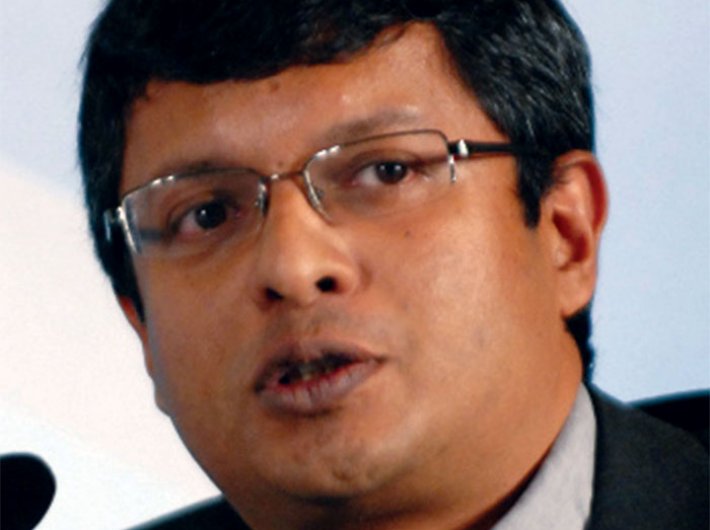Baffled by the supreme court’s ruling on Right to Privacy? Sunil Abraham, executive director, Centre for Internet and Society, decodes the judgment for us

Pratap Vikram Singh | August 31, 2017 | New Delhi

India’s GDP growth for FY26 is estimated at 7.4 per cent driven by the double engine of consumption and investment. This reaffirms India’s status as the fastest-growing major economy for the fourth consecutive year. This was highlight of the Economic Survey 2025-26 tabled by the finance ministe
Before environmentalism had a name, it had martyrs. ‘Bishnois and the Blackbuck: Can Dharma Save the Environment?’ by Anu Lall tells the remarkable story of a community that turned faith into the world’s longest-running conservation practice.
Maharashtra Deputy Chief Minister and Nationalist Congress Party (NCP) leader Ajit Pawar and five others were killed Wednesday morning after a private aircraft carrying them crashed while landing at Baramati airport in Pune district. No one on board survived the accident, officials confirmed.
India on Tuesday concluded the largest Free Trade Agreement (FTA) in its history with the European Union. “It is a happy coincidence that on the 27th day of the month, India is entering into this FTA with the 27 Member States of the European Union,” prime minister Narendra
India’s capital expenditure on infrastructure expansion has crossed 3% of GDP, reflecting the country’s push to accelerate economic growth through investments in railways, highways, ports, power plants and airports. However, many of these large, long-lived and geographically fixed assets are be
India celebated the 77th Republic Day on Monday with great enthusiasm and pride. The chief event of the day was the parade on the Kartavya Path in the capital, which was witnessed by president Droupadi Murmu, prime minister Narendra Modi and the chief guests -- European Council President Antóni